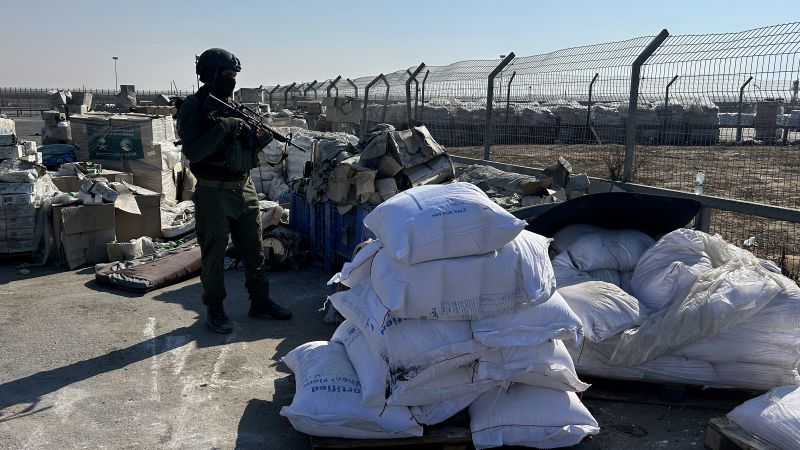The political landscape regarding Israel’s military actions in Gaza is undergoing a significant shift in the United States. Recent polls indicate a rapid decline in American support for these actions, which raises concerns among both pro-Israel Democrats and some traditional Republican allies of former President Donald Trump. The growing perception is that this decline threatens to permanently alter the dynamics of U.S.-Israeli relations.
A recent Gallup poll revealed alarming statistics: only 32% of U.S. adults currently support Israel’s military operations in Gaza. This figure represents a notable low since the conflict escalated following a terror attack by Hamas on October 7, 2023. The partisan divide is particularly stark; while 71% of Republicans still express support for Israel’s actions, mere 8% of Democrats and 25% of independents share the same sentiment. More worryingly, only 9% of young adults aged 18-34 across all political affiliations support Israel, signaling a potential generational shift in opinion.
This erosion of public support for Israel could have profound implications for both political parties. Within Trump’s MAGA faction, elements are beginning to scrutinize the rationale behind unconditional U.S. support for Israel, while decreasing backing among Democrats may impact voter sentiments during party primaries leading up to the 2026 and 2028 elections. As demographics shift and voter perspectives evolve, politicians are likely to face growing pressure to reckon with these changing attitudes.
The decline in support for Israel parallels global trends, as reflected in actions by other nations. For example, the United Kingdom recently announced intentions to recognize a Palestinian state if Israel does not take meaningful steps to resolve the humanitarian crisis unfolding in Gaza, following similar moves by France. The urgency of the humanitarian situation in Gaza has escalated as United Nations agencies warn of a burgeoning catastrophe, with significant portions of the population experiencing starvation and famine-like conditions, as evidenced by reports from the UN’s World Food Programme.
Amidst the humanitarian crisis, voices within Congress are raising alarms about Israel’s diminishing position in global public opinion. California Democrat Rep. Brad Sherman, who co-chairs the bipartisan Congressional Israel Allies Caucus, expressed concern over Israel’s military strategies in Gaza, arguing that they are resulting in a growing chorus of international critique. This reflects a line of thinking that Israel’s military objectives must also consider the implications for its global image—a challenge that becomes increasingly complex given Hamas’s willingness to accept civilian casualties as a form of warfare.
The fissures in support for Israel within Republican ranks are becoming more pronounced, particularly following controversies such as Trump’s recent disagreement with Israeli Prime Minister Benjamin Netanyahu regarding the humanitarian situation in Gaza. Trump’s acknowledgment of hunger and starvation scenarios reported in Gaza reflects a broader discontent brewing among young Republicans regarding unconditional support for Israel.
On the Democratic side, similar divisions are surfacing. Progressive leaders like Pennsylvania Rep. Summer Lee have openly advocated for decreased military funding to Israel and have called for the U.S. to push for an immediate ceasefire and humanitarian aid to Gaza. These sentiments illustrate a growing rift between established political positions and emerging grassroots movements that challenge traditional norms and advocate for a reconsideration of U.S. foreign policy in the Middle East.
The shifts in public opinion and political stances are indicative of a broader reckoning within the Democratic Party, wherein influential figures and organizations are beginning to critically assess their historically staunch support for Israel. Former aides to President Obama have articulated the necessity for a paradigm shift in Democratic foreign policy. As more voices in the party advocate for change, this could represent a significant recalibration in U.S. foreign policy towards Israel and Palestine.
In summation, the current context reflects a vital juncture for U.S.-Israel relations. With public sentiment shifting rapidly and political leaders grappling with the implications of their support, the coming years promise to challenge the longstanding dynamics at play in American foreign policy. What remains to be seen is how these shifts will materialize in future electoral contexts, especially in key battleground states with diverse constituencies.











